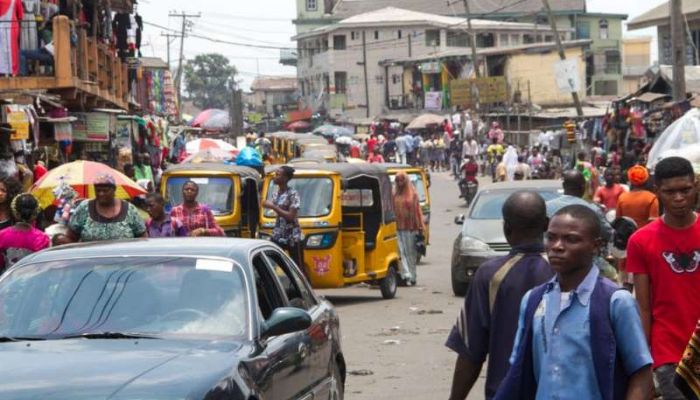
UN Women representative Eyong warns economic downturn could worsen poverty, especially affecting vulnerable groups like women, girls, and displaced persons
Eyong outlines collaborative efforts with partners to empower marginalized groups and advocates for their inclusion in policies and programs
Ms. Beatrice Eyong, the Country Representative of United Nations Women in Nigeria and ECOWAS, has sounded the alarm, stating that the current economic downturn may push additional displaced persons into dire poverty.
With Nigeria already grappling with over 133 million individuals living in multidimensional poverty, as per data from the National Bureau of Statistics (NBS), Eyong emphasized the heightened vulnerability of certain demographics.
Addressing attendees at an Economic Summit in Abuja, Eyong highlighted the specific groups at risk, including women and girls living with HIV, women with disabilities, older women, indigenous peoples, refugees, displaced persons, and migrants. She cautioned that these groups face heightened poverty and exclusion if the economic crisis persists.
Eyong outlined the collaborative efforts of UN Women, along with partners such as the Joint United Nations Programme on HIV/AIDS (UNAIDS), in providing institutional and technical support to empower these marginalized groups to contribute to national development.
She explained that the Summit aimed to build upon existing initiatives and ensure the inclusion of various demographic groups in policies and programs, enabling them to realize their full potential.
In his keynote address, Dr. Otive Igbuzor, Founding Executive Director of the African Centre for Leadership, Strategy, and Development, delved into the shortcomings of the Federal Government’s Social Investment Programme (SIP).
Igbuzor highlighted components of the SIP, including the N-Power program for unemployed youth, the National Home Grown Feeding Programme for primary pupils, and the Conditional Cash Transfer (CCT) program targeting vulnerable households. He pointed out discrepancies in implementing the National Gender Policy’s 50% affirmative action, stressing the crucial role of women’s participation in national development.
Asserting that women have historically faced marginalization across social, economic, and political spheres, Igbuzor underscored the necessity of gender inclusivity for holistic national progress.
Source: